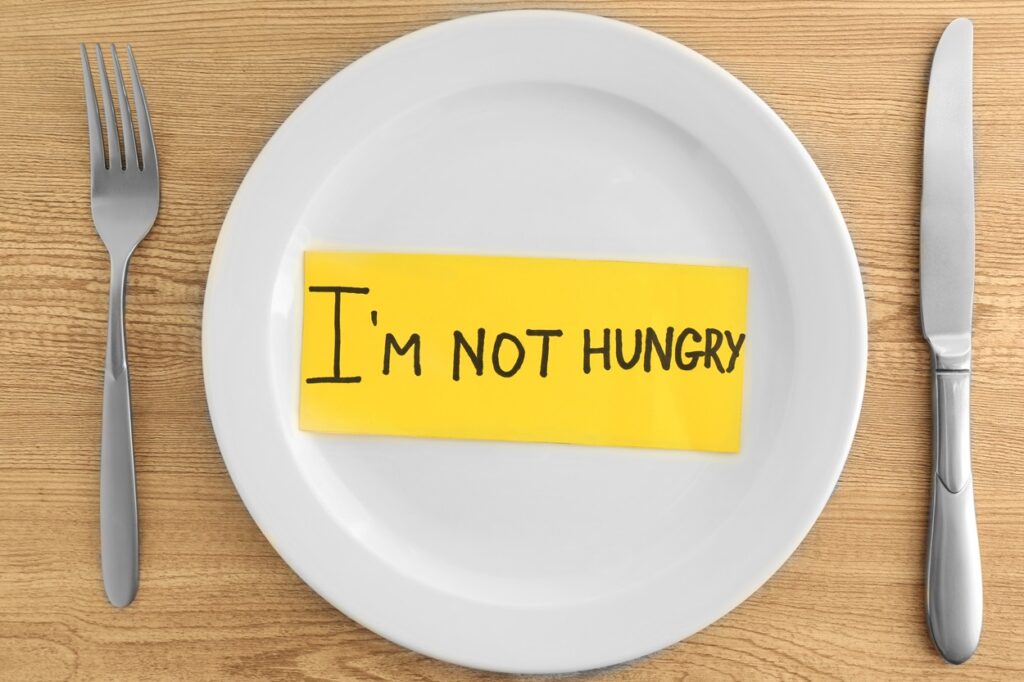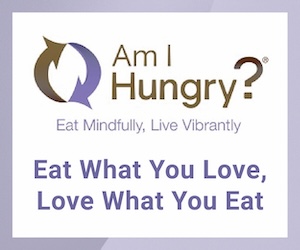Non-Diet Approach to Eating
In a world where diet culture often dominates the conversation around food and health, the non-diet approach to eating offers a refreshing and sustainable alternative. This method emphasizes a holistic and intuitive relationship with food, moving away from restrictive dieting mindsets towards a more balanced and healthy lifestyle.
Related Article: Intuitive Eating Coach: Navigating Your Journey to Mindful Nutrition

Understanding the Non-Diet Approach
The non-diet approach is rooted in the principles of intuitive eating and body positivity. It encourages individuals to listen to their bodies, eat when they’re hungry, stop when they’re full, and eliminate the guilt often associated with eating. This approach is about trusting the body’s natural ability to regulate food intake and focusing on nourishment rather than restriction.
Benefits of the Non-Diet Approach
- Improved Relationship with Food: Reduces the stress and anxiety often associated with strict dieting.
- Better Body Image: Encourages acceptance and respect for the body, regardless of shape or size.
- Enhanced Overall Well-being: Focuses on overall health and well-being, not just weight or appearance.
- Sustainable Eating Habits: Promotes long-term, sustainable eating habits that support health and happiness.
Implementing the Non-Diet Approach
- Listen to Your Body: Learn to recognize hunger and fullness cues and respond appropriately.
- Eliminate ‘Good’ and ‘Bad’ Food Labels: View all foods neutrally, removing guilt associated with eating certain foods.
- Find Joy in Eating: Enjoy the experience of eating and the variety of foods available.
- Be Mindful: Pay attention to how foods make you feel and choose foods that satisfy and nourish.
Challenges and Considerations
Adopting a non-diet approach to eating, while beneficial, comes with its own set of challenges and considerations. Understanding these can help in navigating the transition more effectively:
- Unlearning Diet Mentality: One of the biggest challenges is letting go of the deeply ingrained diet mentality. Shifting from a mindset focused on restriction and rules to one that is more intuitive and flexible requires time and patience.
- Dealing with Societal Pressures: Society often glorifies diet culture and certain body types, which can make it difficult to embrace a non-diet approach. Resisting societal pressures and negative influences, especially from social media, is crucial for successfully adopting this approach.
- Emotional Eating: Understanding the difference between emotional eating and eating in response to physical hunger can be challenging. The non-diet approach involves recognizing emotional triggers and finding ways to cope that don’t involve food.
- Reconnecting with Hunger and Fullness Cues: For many, years of dieting can lead to a disconnect with the body’s natural hunger and fullness signals. Relearning to trust these cues is a significant part of the journey but can be challenging to master.
- Nutritional Balance: While the non-diet approach promotes flexibility, ensuring a balanced intake of nutrients is important for overall health. Finding a balance between eating for pleasure and eating for nourishment is key.
- Handling Setbacks: There will be setbacks and days when old dieting habits resurface. It’s important to approach these moments with compassion and view them as part of the learning process, not as failures.
- Professional Guidance: For some, particularly those with a history of eating disorders, transitioning to a non-diet approach may require professional guidance. Working with a dietitian or therapist who specializes in intuitive eating can provide valuable support.
By acknowledging and addressing these challenges, individuals can more effectively embrace the non-diet approach, leading to a healthier and more positive relationship with food and their bodies.
Support and Resources
Seeking support from dietitians, therapists, or supportive communities familiar with the non-diet approach can be beneficial. Numerous books and online resources are also available to guide you on this journey.
Table: Comparing Diet vs. Non-Diet Approaches
| Aspect | Diet Approach | Non-Diet Approach |
|---|---|---|
| Focus | Weight loss, calorie counting | Body’s hunger and fullness cues |
| Food Perception | Categorizing foods as good/bad | All foods are neutral |
| Eating Motivation | External factors (e.g., diet rules) | Internal cues (hunger, satisfaction) |
| Relationship with Food | Often restrictive and guilt-inducing | Joyful and flexible |
| Long-Term Sustainability | Usually difficult to maintain | More sustainable and balanced |
The Role of Mindful Eating in the Non-Diet Approach
Mindful eating is a core component of the non-diet approach. It involves being fully present during meals, savoring each bite, and paying attention to the flavors and textures of the food. This practice helps in developing a deeper connection with eating experiences, enabling individuals to better recognize their body’s signals of hunger and fullness, and to eat in response to these cues rather than external diet rules.
The Impact of the Non-Diet Approach on Mental Health
Adopting a non-diet approach can have a profound positive impact on mental health. It shifts the focus away from body image and weight loss, reducing the anxiety and stress associated with dieting. This approach promotes a more compassionate and accepting attitude towards the body, which can significantly improve self-esteem and overall mental well-being.
Incorporating Variety and Balance in Meals
The non-diet approach encourages eating a variety of foods, ensuring a balance of nutrients without the restrictions of conventional diets. It allows for the inclusion of all food groups, emphasizing that balance and moderation are key to a healthy diet. This variety ensures that eating remains an enjoyable and satisfying experience, providing the body with the nutrients it needs.
Navigating Social Situations and Eating Out
Social eating can be a challenge when trying to adhere to strict diets. However, the non-diet approach offers flexibility and ease in these situations. It allows individuals to enjoy social meals without the stress of counting calories or feeling guilty about their food choices, promoting a healthier and more sociable relationship with food.
Final Thoughts
The non-diet approach to eating is more than just a way of eating; it’s a shift in mindset towards a healthier, more positive relationship with food and your body. It encourages eating based on internal cues and nourishing the body without restrictions or guilt. This approach not only improves physical health but also significantly boosts mental and emotional well-being. Embracing the non-diet approach can be a liberating and rewarding journey, leading to a more joyful, balanced, and satisfying lifestyle.
References:
https://sph.umich.edu/pursuit/2018posts/intuitive-eating.html
https://www.sciencedirect.com/science/article/abs/pii/S1499404614007969




